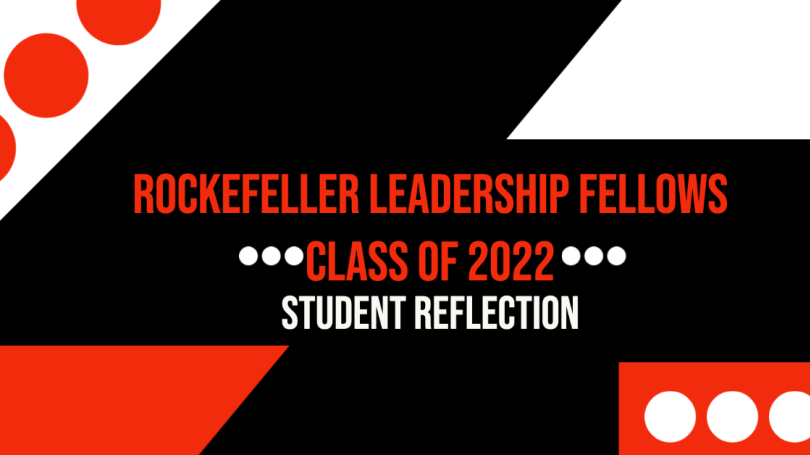
- Public Policy
- Leadership
- Funding
- News & Events
- About the Center
Back to Top Nav
Back to Top Nav
Back to Top Nav
Back to Top Nav
On February 18, Curt Welling gave a presentation on CEO advocacy and activism. Professor Welling graduated from Dartmouth and served in the military during the Vietnam War before attending law school and receiving his MBA from Tuck Business School. Professor Welling is well versed in the responsibilities placed on CEOs as he worked in finance on Wallstreet for twenty-five years and was the CEO of an international emergency response and public health NGO for 13 years before his current role as a professor at Dartmouth. CEO activism and advocacy represents a relatively new, American phenomena where CEOs take public positions on social, political, and environmental issues not directly related to their business. According to Professor Welling, the emergence of this trend is largely due to informational acceleration which increases the ability to mobilize people, the sensitization of consumers who now feel they can influence companies, and pressure imposed on companies to articulate their values in a competitive marketplace. The need for CEOs to take position on social issues also reflects a larger dysfunctionality within institutions responsible for creating change and the American political process. Beholden to the multiple stakeholders such as employees, communities, consumers, equity holders, suppliers, and society at large, CEOs are often pushed to take stances on issues that affect the diverse stakeholders in different ways. With large, societal issues such as climate change, Professor Welling argues that everyone has a stake in the way companies operate since the legitimacy of a company comes from the government on behalf of the people. These many conditions within the American business world contribute to the pressure put on CEOs to take a position on controversial issues that don't directly affect their business but are important to their stakeholders.
Professor Welling also presented a framework used by the CEO of Cummins Corporation. Under this framework, before taking a position of advocacy or activism, a CEO must first ask herself the following questions: For whom am I advocating? Would by advocacy be sustainable and representative of my company at large? Do I have standing, legitimacy, and/or knowledge on the subject at hand? What are the potential implications of taking a public stance? What is the best medium to advocate my position? Additionally, Professor Welling suggested that before making a public stance on a social issue, we all must ask ourselves how we know what we know and implement a level of skepticism when considering "facts". Ultimately, he suggests that to be a great leader you should have a healthy amount of doubt, and to be a great advocate you should be skeptical about whether you should advocate at all.
-Written by Conrad Crans, Class of 2022 Rockefeller Leadership Fellow
As Rockefeller Leadership Fellows, seniors gain a better understanding of the qualities and responsibilities expected of leaders. As Fellows take part in the workshops, discussions, and team-building exercises, they examine their skills, qualities, and attributes as leaders and analyze how these influence teamwork and achieving goals.